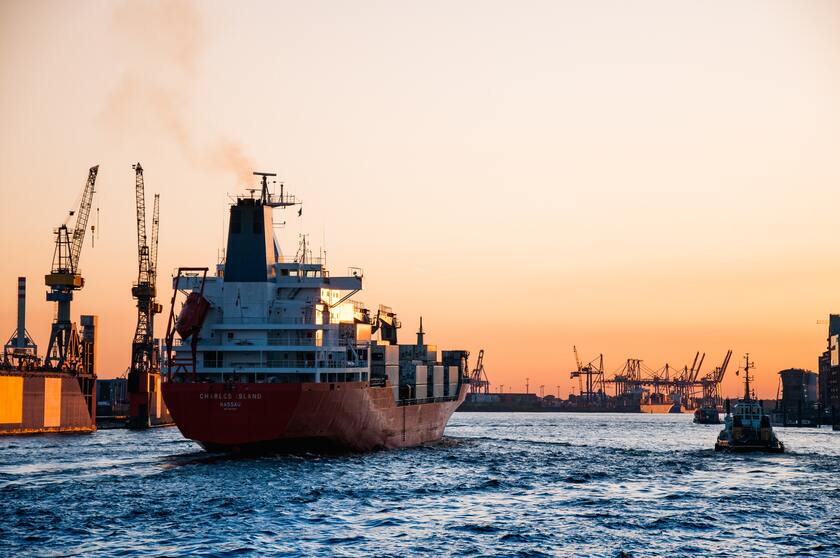More and more surcharges are being applied in the recurrent maritime transport. Here we explain everything you need to know about the latest IMO surcharge: what it is, how it is applied and how it can affect shipping costs.
IMO Regulation, what is it?
The IMO surcharge is born in the IMO 2020 regulation that takes effect from December 1, 2019, and is aimed at reducing sulfur oxide emissions caused by shipping, eminently emissions caused by fuel oil from ships.
This measure prohibits the use of fuel oil with sulfur emissions of more than 0.5%, which must be replaced by transport using scrubbers, marine gas oil, liquefied natural gas or low-emission fuel oil.
Therefore, this cost will be determined mainly by the difference between the cost of the fuel oil normally used and the other fuels accepted by the new IMO regulations, or the cost of the use of scrubbers.
This regulation stems from the need to reduce the pollution footprint of transportation. Partida Logistics specializes in the transport of materials for the production of renewable energies, where Spain is one of the main suppliers of these materials.
Consequences of the IMO surcharge
The relevance of the implementation of the new regulation lies especially in the cost variation it may entail, as it may affect the entire transport cost chain. Let’s see how:
Increasing ocean freight costs
If the ships are not prepared to operate under this same regulation, they will have to adapt them, which results in an additional cost in the form of a surcharge, increasing the price of ocean freight.
the price of ocean freight.
. This IMO surcharge can be called in many different ways, depending on the shipping company under which we operate, the most common terms being:
- Environmental Fuel Fee (EFF)
- Low Sulphur Surcharge (LSS)
- Environmental Compliance Charge (ECC)
- New bunker charge
This cost applied on the freight can be very variable, since within each shipping company the fleet is different, and these fuel usage costs can vary depending on the type of vessel used for the transport. Therefore, it is a surcharge that we must keep a close eye on, as it can generate large cost overruns in our commercial movements, always depending on the incoterm used, as we will see in the following point.
Variation of incoterms
Since the cost applies to the sea freight, depending on whether we use one incoterm or another in our transport, this surcharge will fall on the seller or the buyer.
Thus, if we use as an incoterm, for example, some WTP conditions (Delivered at Place) on IMO surcharge will end up falling on the seller, since in this incoterm format the seller bears the costs and risks of the goods and their transportation until they are delivered to the buyer at the place of destination.
From the customs agency Partida Logistics we hope this information on the new surcharges applied on maritime transport has been useful, and we invite you to continue discovering all our tips and posts on our blog.




